As the political landscape heats up ahead of the 2027 elections, former Communications Minister, Olanrewaju, has made headlines with his controversial statement regarding the participation of non-Lagosians in the electoral process. During a recent event, he declared that measures would be taken to address the involvement of individuals from outside Lagos State in the upcoming polls.
Olanrewaju’s comments have sparked widespread debate and concern among various stakeholders. He emphasized the need for political representation that genuinely reflects the interests of Lagos residents, arguing that non-indigenes should not influence the electoral outcome in a state that has its unique challenges and priorities.
His statement is seen as part of a broader strategy to consolidate support within Lagos and appeal to local sentiments ahead of the elections. Olanrewaju’s remarks have drawn both support and criticism, with some praising his focus on local governance while others warn against potential divisiveness.
The former minister’s approach raises important questions about the nature of political representation and the rights of non-Lagosians who reside and contribute to the state’s economy. Critics argue that such a stance could alienate a significant portion of the population who play vital roles in various sectors, including business and community development.
As the 2027 elections approach, Olanrewaju’s position is likely to resonate with certain voter demographics while potentially isolating others. The implications of his comments may influence the dynamics of the political race, with candidates now needing to navigate the sensitive issue of residency and representation in Lagos.
In the lead-up to the polls, the discourse surrounding Olanrewaju’s statements will undoubtedly continue, shaping the strategies of various political parties and candidates as they seek to address the concerns of their constituents while fostering inclusivity and unity in the diverse city of Lagos.

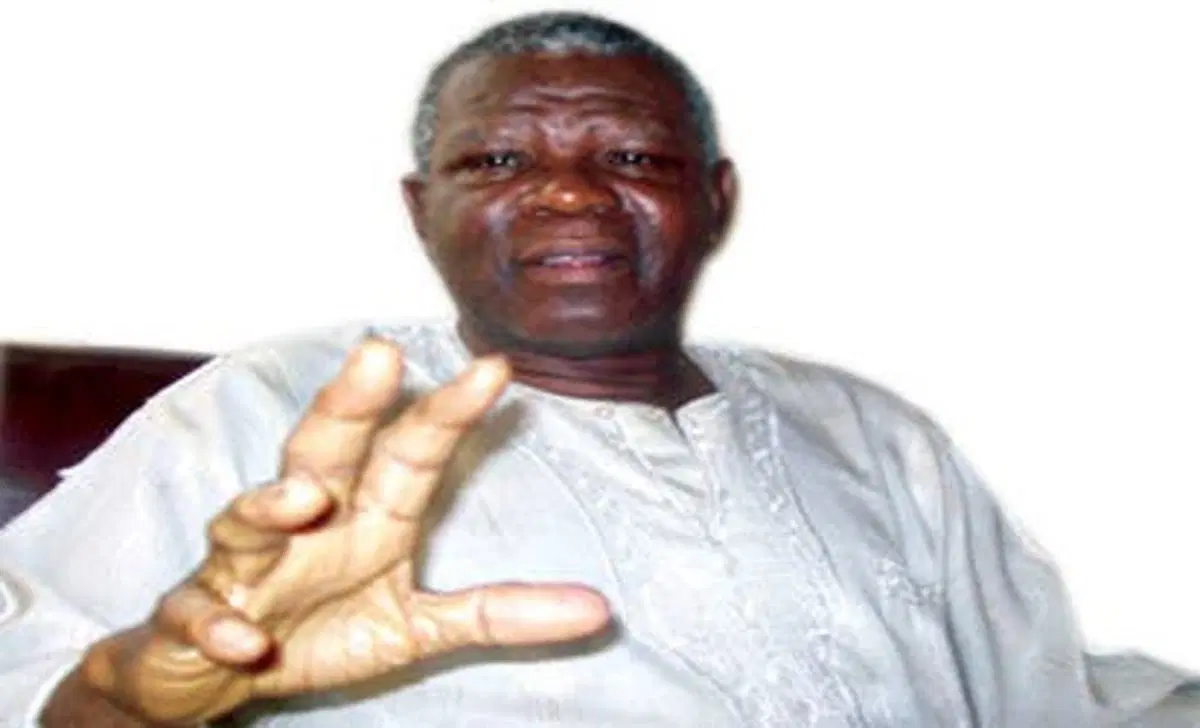




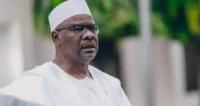
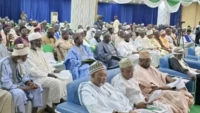

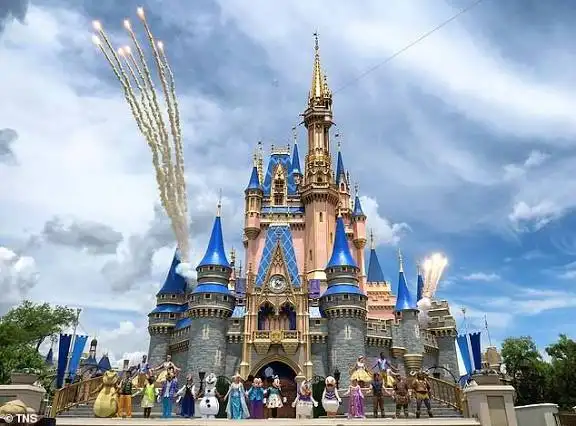

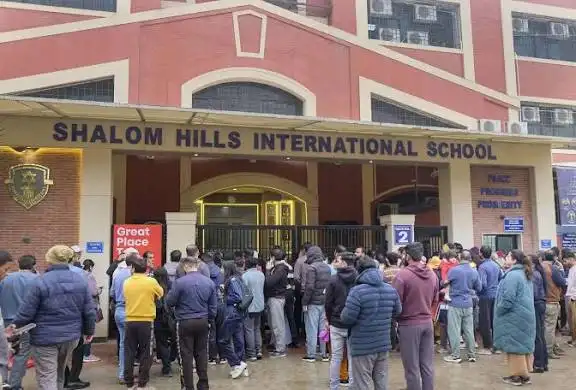
I think its time we start considering non-human candidates for political positions. A robot president might just be what we need!
I think Olanrewaju should focus on his own states politics instead of meddling in Lagos. Stay in your lane, buddy.
I dont trust politicians who promise action on Lagos politics. What about focusing on actual issues that affect all Nigerians?
I dont think Olanrewaju should meddle in Lagos politics. Let Lagosians decide their own fate!
Mind your business. Olanrewaju has every right to participate in Lagos politics.
I think its refreshing to see a non-Lagosian getting involved in Lagos politics. Diversity brings new perspectives and ideas!
I dont get why a non-Lagosian should be involved in Lagos politics. Let the locals handle their own affairs.
I dont think Olanrewaju should be meddling in Lagos politics. Let Lagosians handle their own affairs!
This Olanrewaju guy sounds like a real game-changer! But can a non-Lagosian really understand the complexities of Lagos politics? 🤔
I think its time we shake up Lagos politics with fresh perspectives from outside the state. Olanrewaju might just be the change we need!
I dont think an outsider should meddle in Lagos politics. Let Lagosians decide their own fate. Keep other Western states out!
I dont see why a non-Lagosian should be involved in Lagos politics. Lets focus on local representation first.
Everyone should have a say in shaping the future of a city, regardless of their origin.
I think its about time we shake up Lagos politics with fresh perspectives. Olanrewaju might just be the change we need!
Why should Olanrewaju focus on Lagos politics when there are bigger issues affecting the whole country? Priorities, man!
I think its about time we see more diversity in Lagos politics. Olanrewaju might just be the change we need! #2027Polls
Olanrewaju is unproven. We need someone with experience and a solid track record. #2027Polls
I dont think non-Lagosians should interfere in Lagos politics. Let the locals handle their own affairs.
I believe Olanrewaju should focus on his own state instead of meddling in Lagos politics. Stay in your lane!
I think its about time we shake up Lagos politics with fresh perspectives from non-Lagosians like Olanrewaju. Change is good!
I dont think non-Lagosians should meddle in Lagos politics. Let Lagosians decide their own fate! #ControversialOpinion 🤔
All Nigerians have a stake in Lagos. Its a national issue, not just for Lagosians. #UnityInDiversity 🇳🇬
I dont think non-Lagosians should interfere in Lagos politics. Let Lagosians decide their own fate. Stay in your lane!
Were all part of Nigeria, we can discuss and support each others progress.